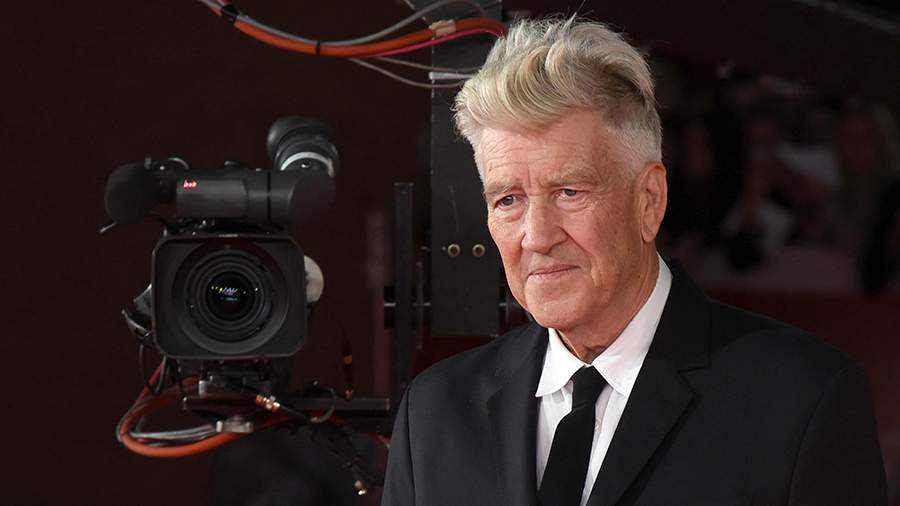David Lynch, American film director. Biography

David Lynch was born on January 20, 1946 in the small American city of Missoula, Montana. His mother taught English, and his father held a high position in the U.S. Department of Agriculture. The work was associated with frequent moves, so the family often changed the place of residence, and David himself changed more than one school.
Learned the future genius of cinema quite mediocre. In addition, characterized by an independent, rebellious temperament, which often led to problems with teachers.
Even in his younger years, David became interested in the work of Austrian expressionist artist Oscar Kokoschka. And after graduating from high school decided to study art. Passion for painting and photography led Lynch to the Pennsylvania Academy of Fine Arts, where he also became interested in animation.
His first cinematic experiences also belong to this period. In 1966, having bought a handheld movie camera, Lynch shot his first animated film "Six Get Sick", which was included in one of the anthologies of avant-garde cinema.
Later, the director began work on the movie "Elastic Man". The picture was released in 1977 and immediately made Lynch a cult figure. The movie was shown at screenings in New York, San Francisco and Los Angeles. In addition, an aspiring director noticed the producer of the famous film company Stuart Kornfeld and convinced the owner of the company, Oscar-winning filmmaker Mel Brooks, to hire Lynch.
The studio produced the movie "The Elephant Man," based on the biography of Joseph Merrick, a Briton who lived in nineteenth-century London and was known as "the elephant man" because of his extremely deformed body. The picture was a resounding success and received a nomination for an Oscar.
On the wave of success Lynch was offered to shoot the third part of "Star Wars", but he refused, taking on the screen adaptation of Frank Herbert's sci-fi novel "Dune". The movie came out in 1984 and was a failure. But two years later Lynch "rehabilitated" before the audience, presenting a new picture - a thriller "Blue Velvet", and then filmed the crime drama "Wild at Heart", which brought him the "Palme d'Or" at Cannes.
In early 1990 in the U.S. premiered in the series "Twin Peaks" about the investigation of the murder of a schoolgirl in a fictional town, cementing Lynch's status as a master of macabre illusions. This work of the director, as well as most of his pictures, combining surrealism and illusory reality, enjoys great recognition in the circle of art-house film connoisseurs.
During the 1990s and 2000s, Lynch directed several other films, as well as short commercials and music videos. These included commercials for fashion house Christian Dior, fashion designers Giorgio Armani and Karl Lagerfeld, and a music video for Moby's composition Shot in the Back of the Head. In 2011, Lynch released his own solo album of electronic music.
In mid-2017, the director announced his retirement from movies. He explained his decision by the fact that the film industry has changed a lot, and the movies that are being released now are not what he would have started making. His last work was the psychological drama "Inland Empire", released in 2006.
Lynch has won numerous awards for his services to filmmaking, including an Academy Award. He is also the owner of the "Golden Lion" of the Venice Film Festival, the Legion of Honor and the title of Chevalier, awarded to him by the French government.
Although the director has always considered family a "hindrance" to his artistic career, he has been married four times, leaving behind two daughters and two sons.
In recent years, Lynch has been battling a serious illness - pulmonary emphysema. Previously, the director admitted that he could not live without an oxygen mask. On January 16, 2025, the American edition of Variety reported that the director and screenwriter died at the age of 78. Until his 79th birthday, he did not live a few days.
Переведено сервисом «Яндекс Переводчик»

